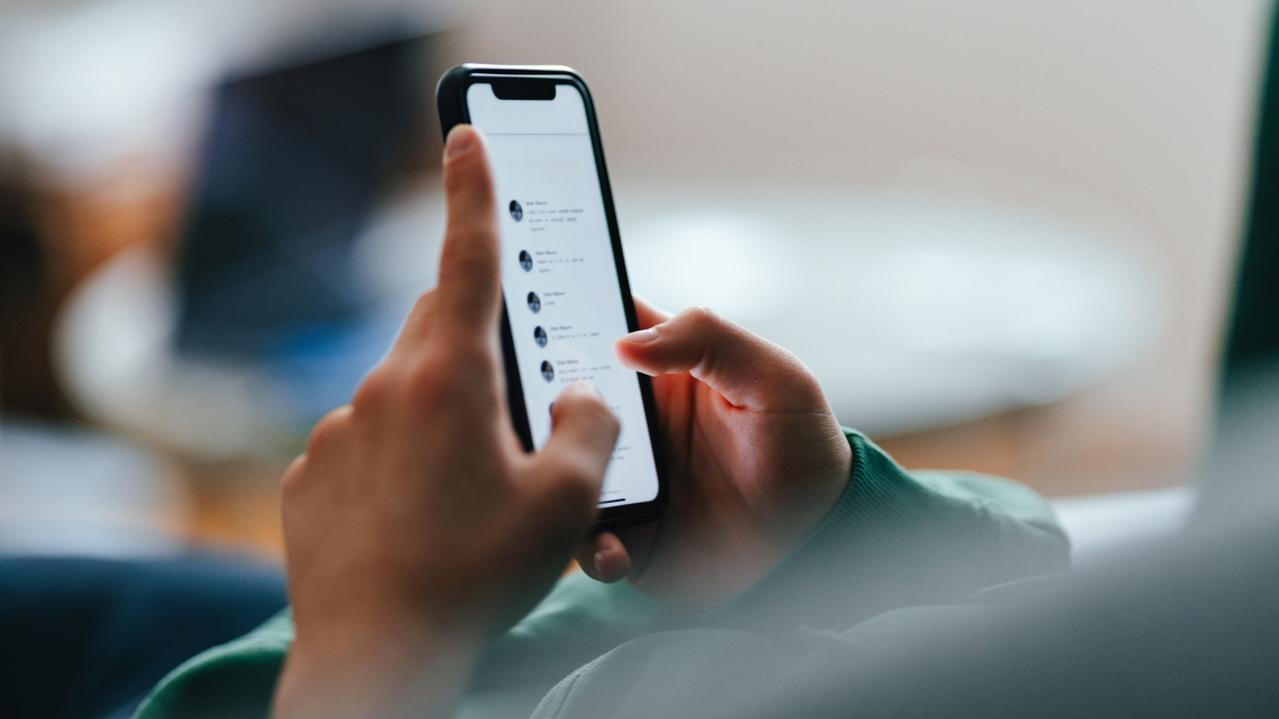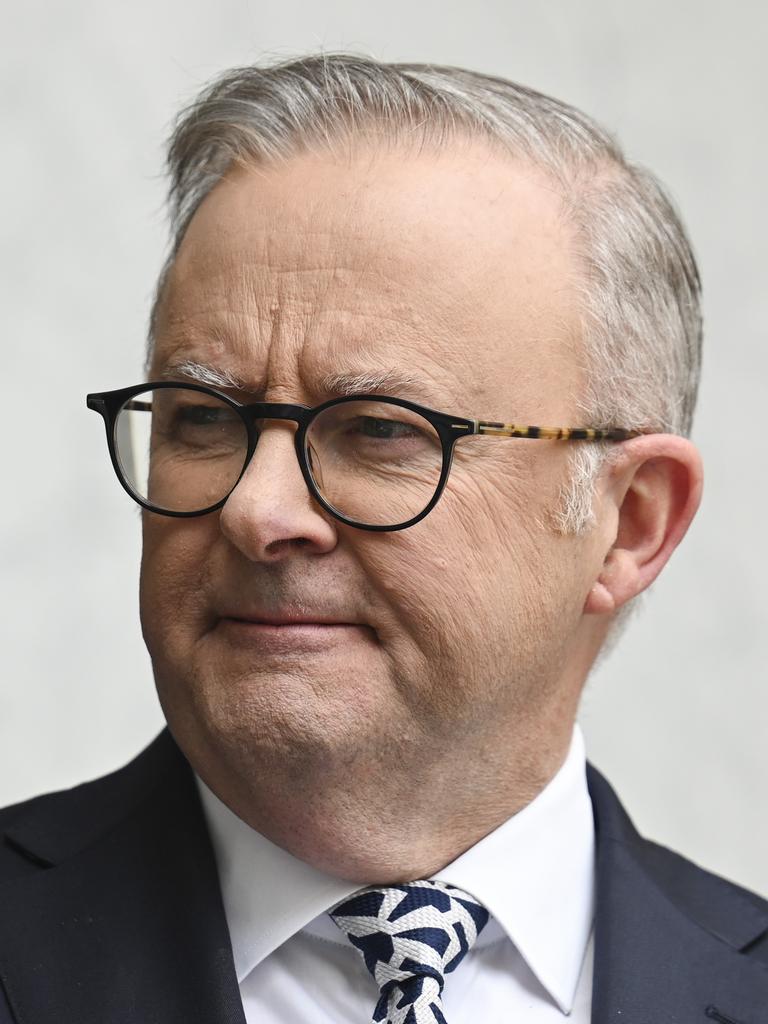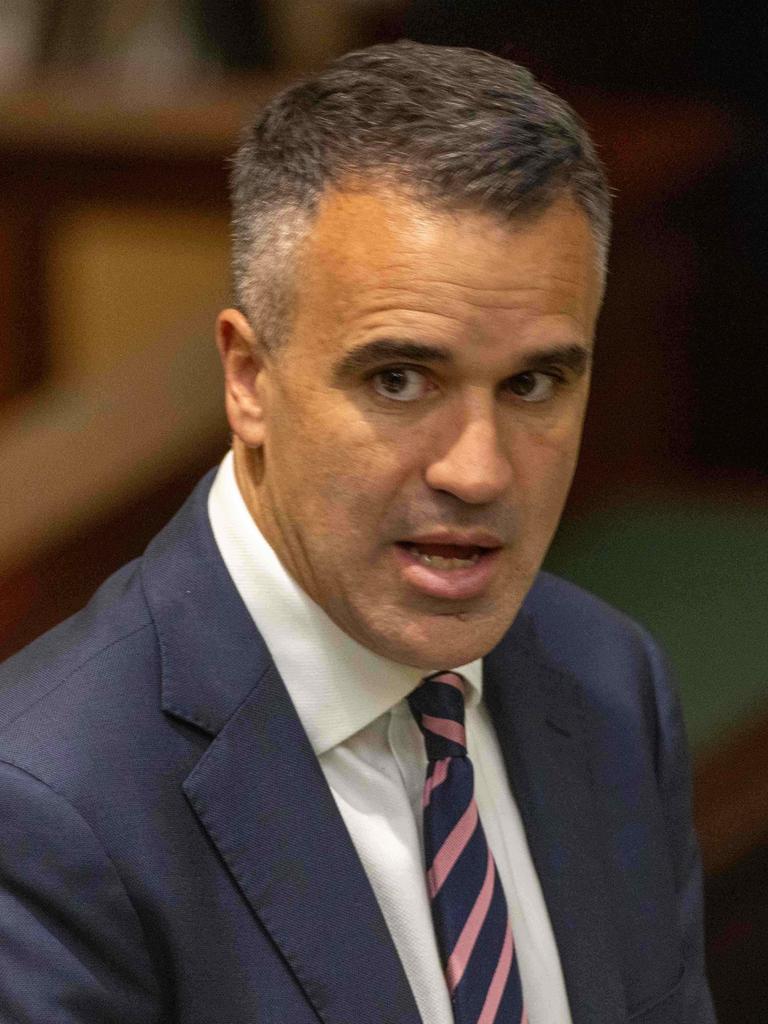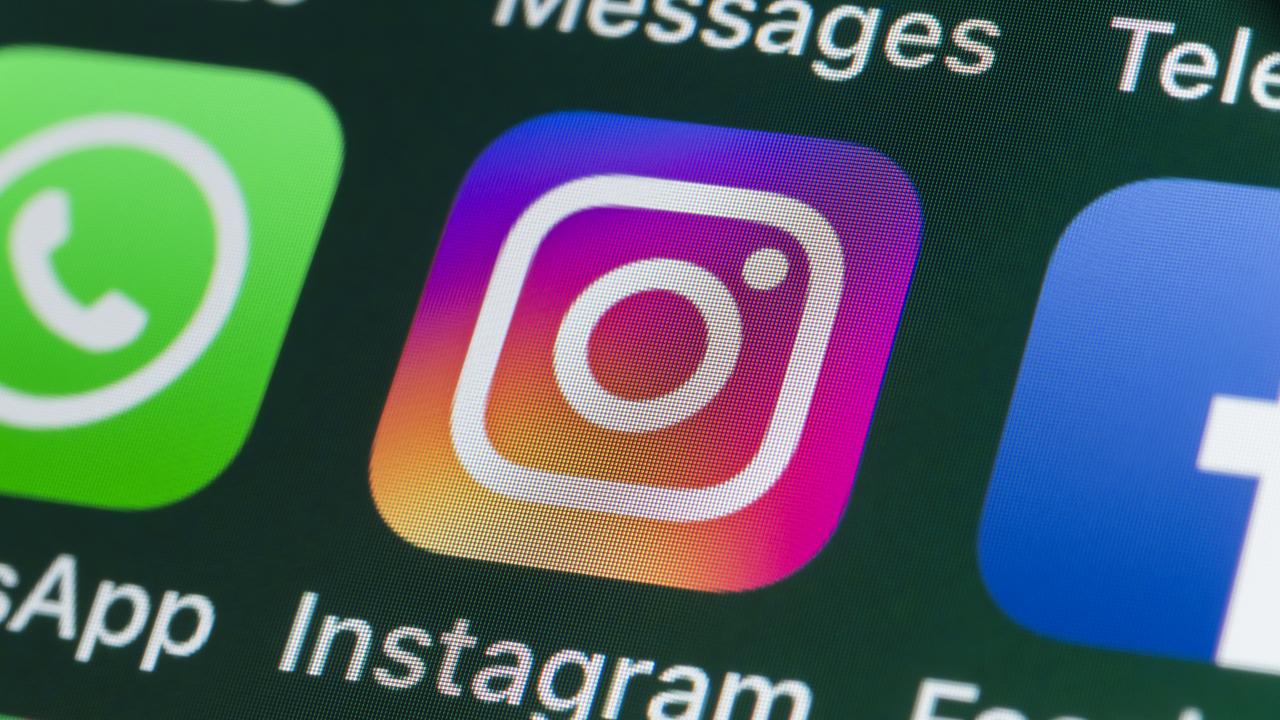‘Embarrassing’ truth about social media for kids revealed as ban looms
Debate is raging about social media – but there’s one major factor we all missed when it comes to the Prime Minister’s controversial ban.
OPINION
I am a member of the first generation to grow up with social media.
I’ll probably never know exactly how apps like Instagram, which lived in my pocket throughout my teen years, impacted me – although, there’s a lot of material out there claiming that social media is good at stirring general misery.
I first downloaded Instagram when I was 13. I was a timid kid, and probably one of the only ones in my grade who respected Instagram’s unenforceable rule requiring users to be at least 13 years old.
Even at that age, I found the concept of social media perverse. The idea of going out of your way to create a database containing images of yourself – images where you tried really hard to look good – seemed nothing short of embarrassing. I feared my hypothetical Instagram posts would become a hypothetical bully’s goldmine.
I was irritated by my peers’ apparently magical ability to put names to faces in the first few weeks of Year 7. Conversations hit an awkward dead-end whenever someone asked whether I had an account. But like all of history’s forbidden fruits, the idea of curating an online persona to strategically present myself to others stirred an alluring mix of resentment and curiosity.
Of course, spending half my adolescence online had its upsides. I was exposed to social issues and ideas I may not have come across otherwise, and, like most people my age, being on my phone all the time meant I became pretty good at adapting to new tech.

For this reason, consumer research reports like to describe my generation as the “digital natives”, as if to suggest we’re a bunch of calm and collected tech wizards.
But if growing up with networked technology means we’re better at integrating it into our lives in a balanced manner, why is everyone treating social media like today’s hottest new drug – mysterious, alluring and dangerously addictive?
This week, Prime Minister Anthony Albanese promised to introduce a bill to ban kids from social media this year, although the minimum age is yet to be announced.
Last month, South Australian Premier Peter Malinauskas reasserted his plans to prevent children under the age of 14 from accessing social media accounts, with reports showing a decrease in violence and behavioural issues since banning mobile phones in South Australian public schools last year.
And meanwhile, advocacy groups like 36 Months are pushing to raise the age children can join social media from 13 to 16, citing concerns about mental health, addiction and bullying.


According to their website: “Excessive social media use is rewiring young brains within a critical window of psychological development, causing an epidemic of mental illness”.
Certainly, I’ve had my fair share of moments where opening Instagram casually ruined my day, whether it was pictures from a party I wasn’t invited to in my teens or everyone’s Euro summer during the uni break.
I’ve also had times (many times, I hate to admit) where I’ve closed Instagram only to find myself reopening it five seconds later, without realising.
Still, I’d like to think I’ve turned out all right. As an adult, I try to look at social media as something I continually, consciously manage my relationship with. In other words, I can stop any time I like, okay?
Dr Catherine Page Jeffery is a lecturer and researcher in media and communications at Sydney University, and has written extensively on parenting and children in the digital age. She believes current debates around social media and children do not include enough young voices.
“It’s about working with young people to try and make this a safe space so they can get the full benefits,” she says.
“Parents and politicians need to acknowledge that social media is an important part of young people’s lives.”

Dr Page Jeffery argues for a more empowered, education-focused approach to managing young people’s relationship with social media. When I spoke to her, she reminded me that digital literacy is something that is learned. It doesn’t just come naturally with age and wisdom.
Gen Zers need only look to their parents to observe many older Australians’ firmly entrenched social media habits, given their rather self-indulgent fondness for Facebook and Candy Crush.
Even the wisest of us aren’t immune to the temptations of deliberately addictive design features.
A hard ban on social media would deny children and teenagers the opportunity to learn these skills, says Dr Page Jeffery.
That said, there’s no doubt that regulations and guardrails have their role to play. At 14, my friends shouldn’t have been able to show me videos of men being beheaded or fatal train accidents caught on CCTV.
Just in the last couple of days, Australia’s eSafety Commission gave digital giants like YouTube, Instagram, Facebook, TikTok and Discord 30 days to provide data on the number of children with accounts, and to outline how they enforce their current age restrictions.
“Social media platforms can’t get away with doing nothing much longer,” says Dr Page Jeffery.
Gen Z is the first generation to grow up immersed in the wild west of social media. We experienced it in the fullness of its wonder and its terror in our most malleable, formative years.

Did we all end up damaged, desensitised adults who laugh or shrug in the face of human suffering? No. Are we divorced from reality and incapable of empathising with others? Definitely not. But do all my friends agree we were probably much too young to be seeing the things we saw online? Yes. And do we agree that as future parents, we’d never let our child have a phone or social media as early as we did? Yes.
“For a long time parents have borne primary responsibility for kids’ safety online,” says Dr Page Jeffery.
“I think there’s now a shift towards shared responsibility.”
Emma Jones is an Honours student at the University of Sydney currently completing a research thesis on masculine identity in the era of social media





